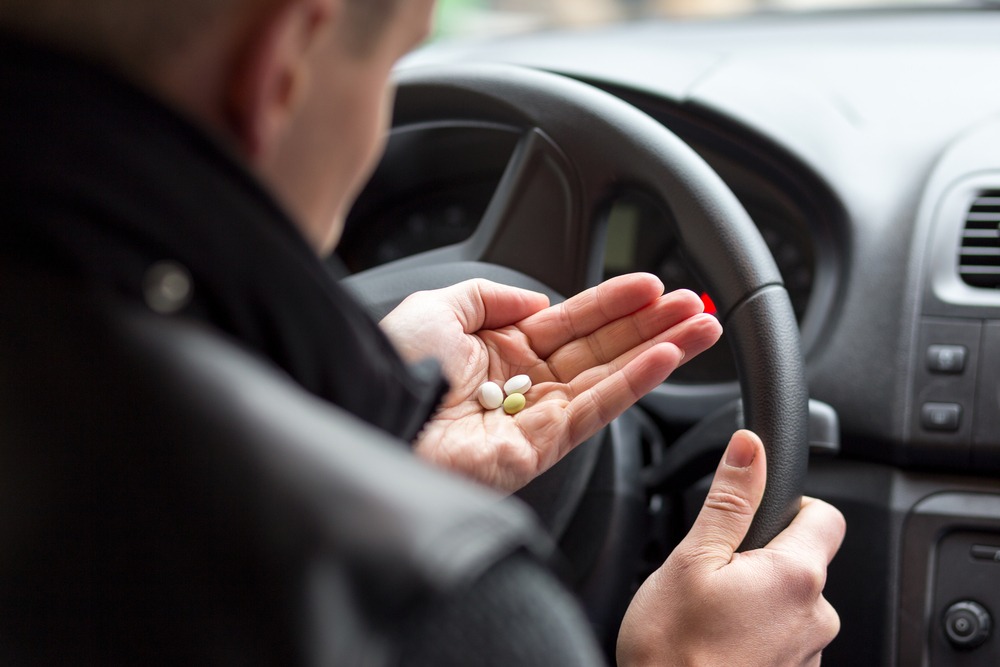
Efforts to modernize laws governing self-driving vehicles and the impact of the opioid epidemic on highway safety were the highlights of a U.S. House of Representatives oversight hearing on the National Highway Traffic Safety Administration (NHTSA) on Wednesday.
The House Energy and Commerce Subcommittee on Digital Commerce and Consumer Protection explored how the Safely Ensuring Lives Future Deployment and Research in Vehicle Evolution (SAFE DRIVE) Act would modernize NHTSA’s federal safety standards to advance self-driving technology.
The SELF DRIVE Act, which previously cleared the House and is awaiting action in the Senate, would direct the U.S. Department of Transportation to conduct research into how to best communicate the capabilities and limitations of highly or partially automated vehicles.
“We will continue to work to get the bill to the president’s desk this year because we know this technology will not wait for the government to catch up,” U.S. Rep. Bob Latta (R-OH), chairman of the subcommittee, said. “As other countries work to surpass the U.S. in the race for self-driving technology, we want to make sure this incredible innovation, and the high-quality jobs it brings, stay right here at home.”
U.S. Rep. Greg Walden (R-OR), the chairman of the House Energy and Commerce Committee, questioned NHTSA Deputy Administrator Heidi King about ongoing efforts to crack down on driving under the influence of opioids.
“I look forward to hearing more about the recently announced Drugged Driving Initiative at NHTSA,” Walden said. “Driving under the influence of prescription opioids and marijuana now causes more traffic fatalities than driving under the influence of alcohol. This is a prime example of an issue where federal leadership is valuable to bring together stakeholders, such as law enforcement and other community leaders, to find a way to protect people on our roads and combat the opioid crisis.”
King testified that NHTSA is “fully committed” to addressing the issue of drugged driving. Policy needs to reflect the reality that people “switch between alcohol and drugs” and both need to be considered in impaired driving initiatives, she added.
“To that end, NHTSA has announced an initiative to strengthen the strategies necessary to reduce drug-impaired driving on our nation’s roads,” King said. “Next month, NHTSA will launch the national dialogue in a ‘Call to Action’ — a national summit that will bring together experts and stakeholders to share best practices and identify near term and longer term strategies to save lives.”